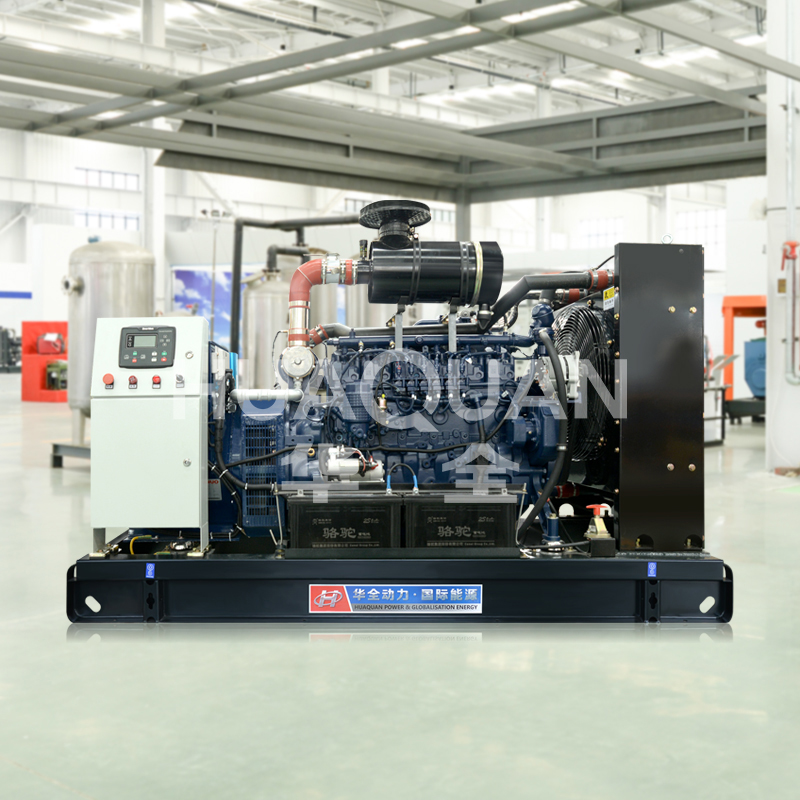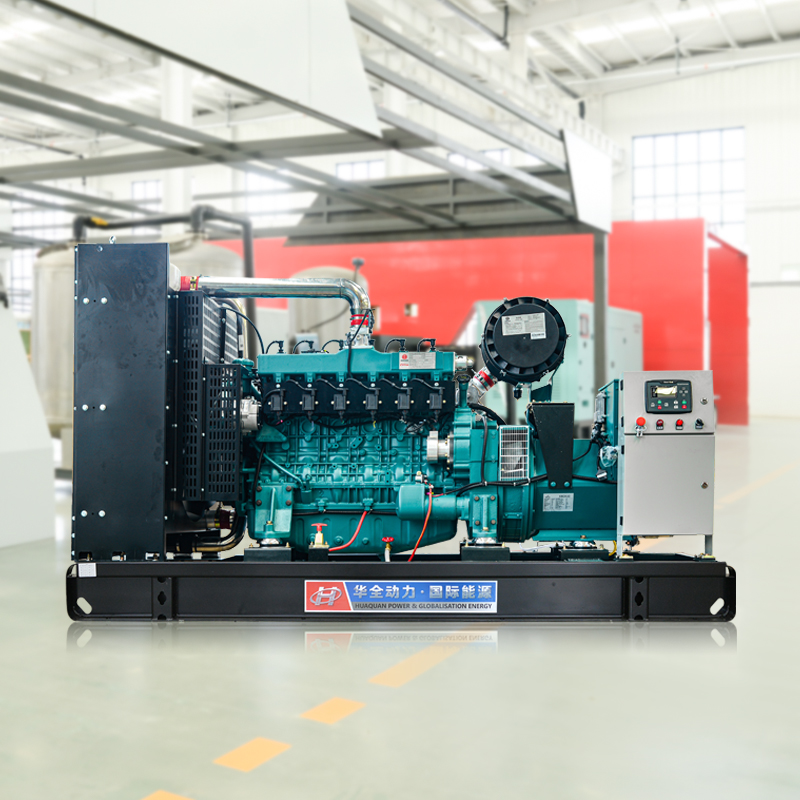A gas generator is a reliable power solution for homes, businesses, and industrial applications. To ensure safe and efficient operation, it's crucial to perform proper pre-operation checks before starting your gas generator. Here are the key inspection steps to follow.
1. Fuel Level and Quality Check
Always verify that your gas generator has sufficient fuel before operation. Ensure the fuel is clean and free from contamination, as poor-quality fuel can damage the engine and reduce performance.
2. Oil Level Inspection
Check the engine oil level using the dipstick. Low oil levels can cause severe engine damage. If needed, top up with the manufacturer-recommended oil grade to maintain optimal lubrication.
3. Battery Condition (If Applicable)
For gas generators with electric start systems, inspect the battery terminals for corrosion and ensure the battery is fully charged. Weak or dead batteries may prevent the generator from starting.
4. Coolant Level (For Liquid-Cooled Models)
If your gas generator uses a liquid cooling system, check the coolant reservoir and refill if necessary. Running with low coolant can lead to overheating and engine failure.
5. Air Filter Cleanliness
A clogged air filter restricts airflow, reducing engine efficiency. Inspect the air filter and clean or replace it if dirty to ensure proper combustion in your gas generator.
6. Leak and Hose Inspection
Examine all fuel lines, hoses, and connections for cracks, leaks, or loose fittings. Address any issues immediately to prevent fuel spills or fire hazards.
7. Load Connections and Circuit Breakers
Ensure all electrical connections are secure and circuit breakers are in the correct position. Disconnect unnecessary loads before starting the gas generator to avoid overloading.
8. Ventilation and Clearance Check
Confirm that the gas generator is placed in a well-ventilated area with adequate clearance from walls, debris, and flammable materials to prevent overheating and fire risks.
9. Test Run Without Load
Before connecting appliances, start the gas generator and let it run for a few minutes without load. This helps stabilize engine performance and detect any unusual noises or vibrations.
Performing these pre-operation checks ensures your gas generator runs smoothly and safely. Regular inspections minimize breakdown risks and extend the lifespan of your equipment.








